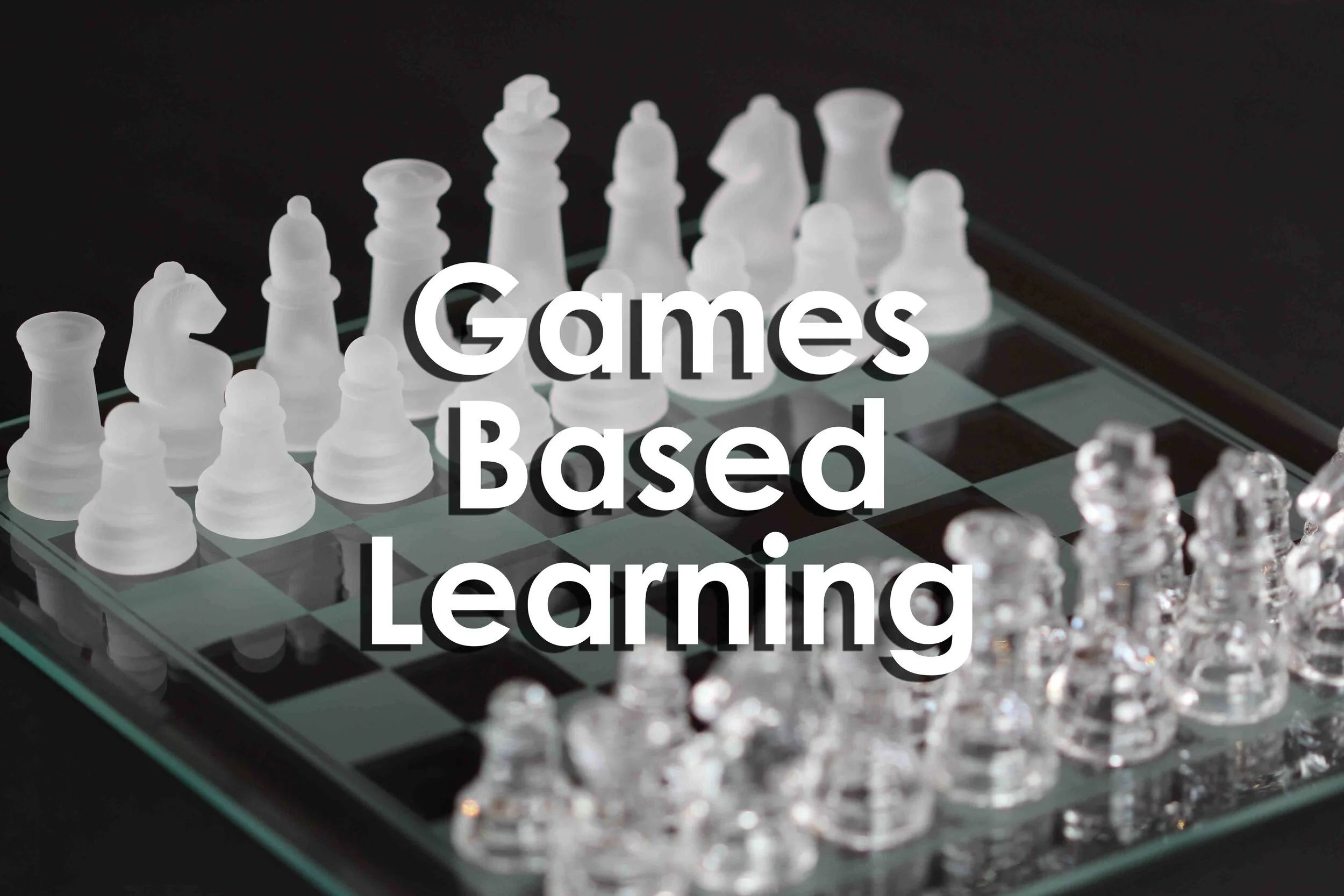Start Using Games-Based Learning Today!
Start Using Games-Based Learning Today!
Games are just one of many ways to teach and educate students. Specifically, games are very useful in three areas: they provide a shared experience where students work cooperatively to solve a common problem; they provide a structure to explore creativity; and they also provide a framework for understanding how complex systems work. In this post we’ll explore all three ways educators can make use of games-based learning for their students.
Games: the shared experience
Instructors might traditionally lecture or lead a discussion in a classroom. However, games serve as another way to actively engage students in learning. Games serve as an experience: one that provides opportunities for active experimentation and intrinsic motivation for wanting to learn new things. This social aspect of game play is best represented in cooperative table top games like Pandemic, Forbidden Island, Hanabi, and Forbidden Desert. Each one of these games serve as an inexpensive resources to best replicate project based challenges, diverse teams, and systems thinking to provide a place for students to solve these challenges on their own. Try doing that through a textbook alone!
The creative behind Games
Educators can use games as a framework to enhance types of learned behaviors. Students’ creativity is sparked when games are used to create stories based on the structure of a game. One of my favorite games to do this is GLOOM which paints a macabre (but often hilarious narrative) about doomed families. A more wholesome approach could also use a game like Cranium to stretch the creative muscles in students. There are even more open solutions with something like Story Cubes which provides randomized story prompts to spur the imagination. Whatever solution you choose, just make sure students believe that all that they say and do is accepted and welcome in the “magic circle” that is gaming.
Games as models
Games are also very helpful for understanding how complex systems work. This is evidenced in many of my favorite games that included social deduction: attempting to deduce the secret roles of other players in the game. The classic game for this is Werewolf which I play with my student staffs regularly. But you can also play a quicker version with The Resistance: Avalon. Each game has teams that are trying to trying to defeat the other by taking actions. These actions can sometimes give away their allegiance, so a lot of bluffing, convincing, and social engineering is necessary to be good at these games. Conversely, players can also play a cooperative game like Flashpoint: Fire Rescue that shows how easily a fire can spread. The game’s main objective is to get a team of fire fighters (the players) to work together to stop the blaze. Flashpoint really demonstrates how a domino effect can turn a small blaze into a raging inferno.
Takeaways
Games are a wonderful way to teach and educate students using a whole host of different formats. Specifically, games can be used as a shared experience. This means that cooperative games, where students need to work together to solve a common problem, promotes a more socialized learning environment. Games can also spur creativity and provide a structure that promotes imaginative play. Lastly, games can serve as models to explain how simple systems like a water molecule as well as complex systems like a stock and trading exchange work. However, no matter what game or format you use, make sure that you keep students centered throughout the educational process.
This article covered the application of games-based learning for education. If you’d like to learn more about how you can apply gamification to learning then check out the free course on Gamification Explained.
——–
Dr. Dave Eng, EdD
Managing Partner
@davengdesign
www.universityxp.com
Cite this Article
Eng, D. (2016, December 30). Games-Based Learning. Retrieved MONTH DATE, YEAR, from https://www.universityxp.com/blog/2016/12/30/start-using-games-based-learning-today
Internal Ref: UXPSMKSRXO7Y

